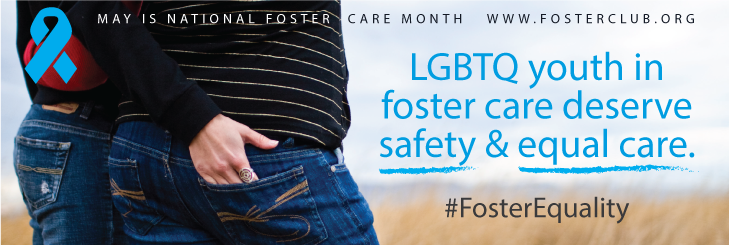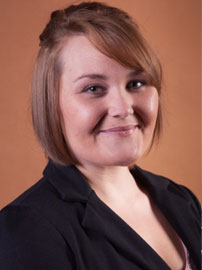Before I was a Point Scholar, I wasn’t sure that I wanted to come out professionally as a queer person. I struggled with the thought that coming out professionally could impact my future career in the legal field and prevent me from working on pressing issues in youth law. Despite the overwhelming legal need of LGBTQ+ youth, the youth law field remains a rather conservative legal niche. I repeatedly told myself that I would not come out unless I was asked. I didn’t want to risk an opportunity to serve youth because I was queer. But then some really significant shifts in policy and legislation started to happen.
In the last three years, the many states have taken legislative action to protect the rights of LGBTQ+ youth in foster care that have often been ignored. Among the most notable actions, Oregon, California, New Jersey, and the District of Columbia banned ‘gay conversion therapy.’ However, the progress for certain populations of youth has spurred a backlash among conservative state legislatures. Within sixteen state legislatures, a Religious Freedom Restoration Act was proposed, and each proposal contained a portion that would limit the rights of LGBTQ+ youth in foster care, including LGBTQ+ individuals who would like to be foster caregivers. As I watched the progression of these policy initiatives, I thought of how difficult my experience was being queer and in foster care without laws and policy that intentionally addressed my LGTBQ+ status.

I decided it was time to come out as queer in my professional capacity. However, I wasn’t sure what the best approach in doing so. After struggling to find the most “tactful” approach, an opportunity presented itself. As part of the work I do with an organization called FosterClub, I was able to speak out against these proposed legislative actions as a queer person in the field of law who would have been affected by these policies if they were enacted. FosterClub is a national organization that advocates for youth currently and formerly in foster care. I gave feedback on President Obama’s 2015 National Foster Care Month Issue Brief on LGBTQ+ foster youth, New York City Children Service’s LGBTQ+ foster youth policy, and Mississippi’s new law HB 1523.
Coming out in my professional capacity has made me a better advocate. There is a difference between “being out” and “coming out” to stand in solidarity with your community.
This post was written by Point Scholar Crys O’Grady, University of Washington School of Law
 Crys O’Grady was born in southern New Jersey and entered the New Jersey foster care system at the age of 13. Her experience with the child welfare system exposed her to instances in which government agencies can perpetuate racial, sexual, socio-economic, and gender inequality. While she was in foster care, she became dedicated to the pursuit of social justice through public service. Crys struggled to come out as a lesbian in foster homes that placed a heavy emphasis on religion. Read more about Crys.
Crys O’Grady was born in southern New Jersey and entered the New Jersey foster care system at the age of 13. Her experience with the child welfare system exposed her to instances in which government agencies can perpetuate racial, sexual, socio-economic, and gender inequality. While she was in foster care, she became dedicated to the pursuit of social justice through public service. Crys struggled to come out as a lesbian in foster homes that placed a heavy emphasis on religion. Read more about Crys.

